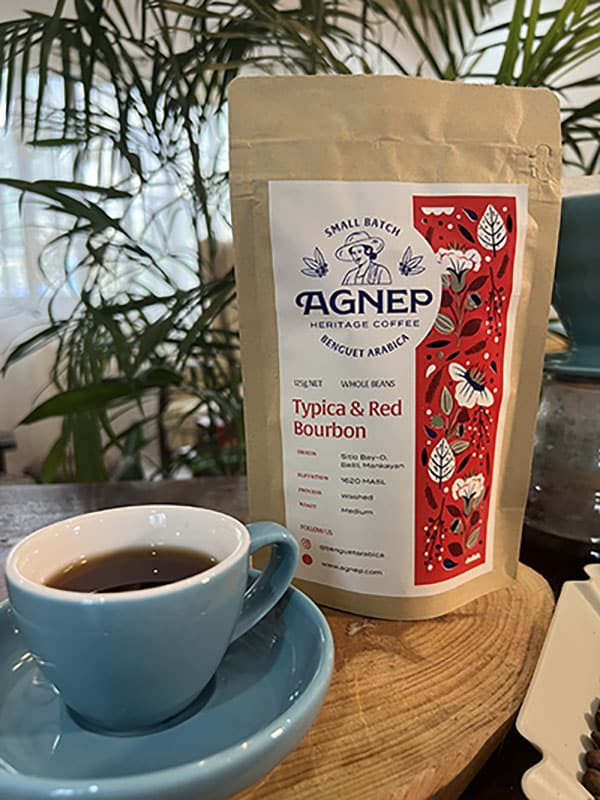👉 Pre-order now and experience the Agnep difference: https://benguetarabica.coffee/buy-our-coffee/
As the holidays approach, we’re feeling warm and cozy here at Agnep Heritage Farm. And we have just the thing to make your holidays even even cozier : single drip brew and Cascara tea alongside your old favorites, roasted coffee beans !
✨ New and Festive! ✨

Christmas Brew (₱400 + shipping): Imagine cozy nights with this festive blend of Typica, Catimor, Red Bourbon, San Ramon, and Granica. Each box contains 10 single drip coffee bags, perfect for gifting (or indulging yourself!). Pre-order yours now to ensure it arrives in time for the holidays.
Share the coffee love this holiday season! We’ll pack 10 single drip coffees in a festive gift box with a ribbon and gift card, perfect for sharing with friends and family.
Continue reading “Christmas Gift Ideas from Agnep Heritage Coffee”






